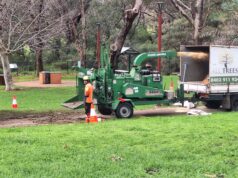It probably won’t bother you at all.
But you may be leaving a headache for your family or friends.
The purpose of a Will is to give a specific person direction about how to divide your estate when you die.
Therefore, your Will does two essential things – it nominates someone you trust and tells them what to do with your estate.
Without a Will, someone may apply to administer your estate.
That person must have an “interest” in the estate, which could be someone who will be entitled to a part of your estate or someone to whom you owe money.
Sometimes there will be more than one person who wants to be the administrator. Sometimes, no-one wants that job – either way, the lack of someone appointed to take the role can cause delays in dealing with your estate and can increase the costs to your estate.
Without a Will, your estate will be divided by a legislative formula. The formula gives preference to your spouse and children, then your parents and siblings and their children, then your grandparents, depending on who survives you.
Ultimately, your estate will pass to the Crown if you have no relatives that fall into those categories. The legislative formula does not consider specific circumstances and makes no allowance for friends or persons who might otherwise depend on you financially.
Jude Keatley is a solicitor with Armadale-based law firm JK Legal














